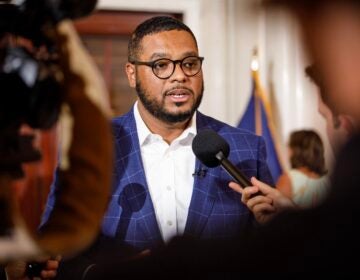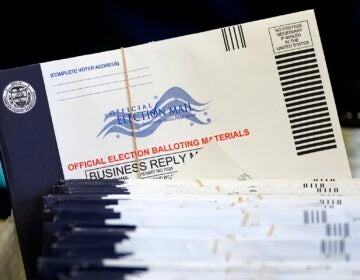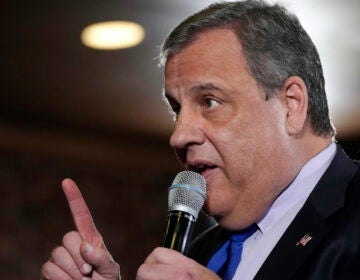Trying to explain 9/11 to school children
This week I participated in a panel produced by the Foreign Policy Research Institute to try to answer questions about 9/11 from high school students who have only childhood recollections of the event, and junior high school students who don’t even have that. The closed-circuit television program was structured as a Q. and A., with panelists responding to questions from classrooms around the country.
As with all unscripted presentations, afterwards I always replay in my head what I wish I had said but didn’t, in this case in response to questions that deserved doctoral dissertations for answers.
Why do the terrorists hate us? Jealousy can be a common human emotion for people who compare their humble lives with those they see on television. But for some people jealousy becomes paranoia. They feel their lives are miserable because someone is deliberately making them miserable.
The Islamic terrorists of Al Qaeda who attacked us on 9/11 are not the only examples of extreme paranoia. Domestic American terrorists have attacked federal buildings, most notably in Oklahoma City in 1995, because they felt threatened by the federal government. Alienated students at American high schools and colleges seem with unfortunate regularity to commit acts of violence against those they feel are persecuting them.
What can be done to reduce this paranoia in the world? There’s no perfect solution, but we need to pay attention and try to address what can seem like oppression to others.
Alienated students need to be helped with their problems. The politically alienated need to see a transparent, functional government that is working to improve the lives of ordinary citizens. And we need to pay attention to what is happening in the rest of the world in order to try to mitigate the most extreme and persistent conditions of poverty and desperation, as exist now in countries like Pakistan, Somalia, and Yeman.
But weren’t the 9/11 terrorists all middle-class, educated individuals, with no direct connection to the most impoverished masses of people? Yes, but because they were intellectuals with some knowledge of the world, they were able to conflate their own personal unhappiness with the unanswered suffering they knew to exist on a large scale, and to blame secular, free societies for both.
There may always be unhappy and even paranoid individuals in the world. But we need to do what we can to prevent them from being able to recruit others into a movement large enough to strike against free and democratic institutions. A large and technically advanced military able to project power all over the world may not be the best tool for accomplishing that goal.
WHYY is your source for fact-based, in-depth journalism and information. As a nonprofit organization, we rely on financial support from readers like you. Please give today.



